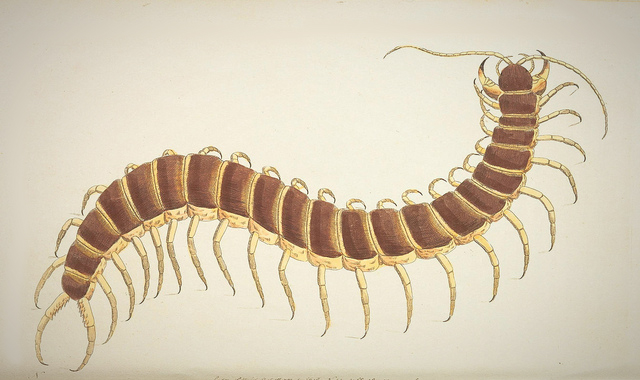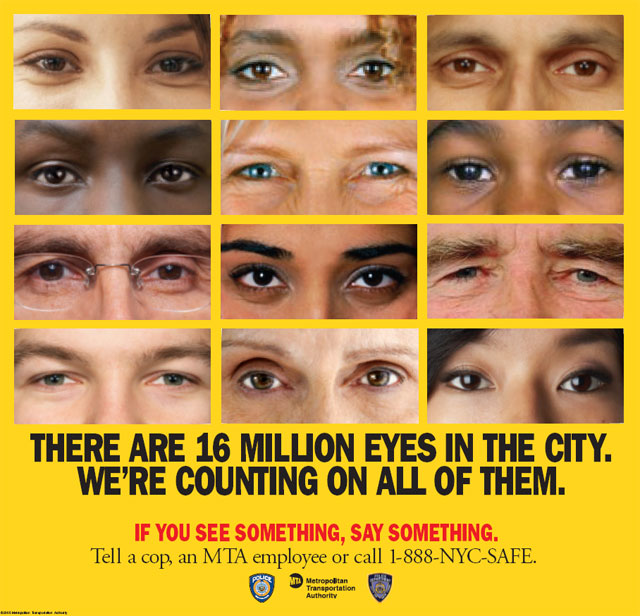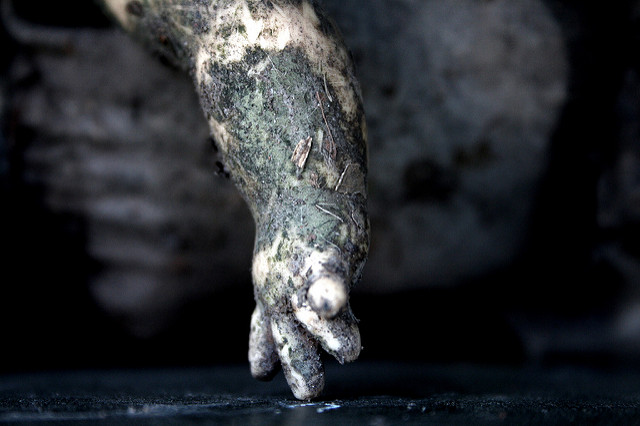Janet Frishberg
This essay was inspired by Melissa Chandler’s fictional story “Considering They Lived,” which can be found here.
That morning, was he wearing a pair of boxers we bought at Gap, with the cute seasonal patterns? How many hours did he sleep? How hot was his shower water? And what, exactly, did he eat for breakfast?
Did he fall asleep knowing? Or did he decide when he awoke? Did he not make up his mind until after he’d dropped his brother off at school, and chose not to cross the street for first period? And what if his first class had been a different one, or if I hadn’t left for another country? Oh, John, would I have known, would I have answered your call, the ones you made on the edge of our city’s monument, that place I’m supposed to love now? The tourists, were they taking photos all around as you willed away your most beloved belongings over voice mail?
And when will I be able to stop writing to him in second person, accidentally? On purpose?
Did it beckon, the orange bridge, like a loaded gun with its too-short railing, built for a small, powerful man who wanted a view? And the people who still won’t fund a steel net beneath it, did he know that for years I’d struggle not to hate them? And whose life matters in this rich city, anyway?
Did he want to be seen? Did he feel something like the hands of God or an angel behind him as he walked along the edge?
And if only one pedestrian had stopped him? Would that have been enough to send him back to the concrete sidewalk, curly-haired head in his heads, ready to be scooped up and put back to bed? Could he have just slept it off?
And what would he have looked like, six months later, at 18? Or last year, at 25?
And John, did it matter that your college applications were due the next day, or was that just a coincidence, something for me to blame this on? Are you just a boy I loved who died? Are you just a beloved ghost who dances occasionally with me in the desert, who I had to finally imagine forgiving me so I could go on living?
John, would you see it now: the puppies and babies and ice cream? Would you feel your mother’s dry hands in your messy hair when you’re home sick? Would you look up at the pink sky sometimes in wonder? Would you know that it’s enough? You: singing low in choir, sprinting on the track in beat-up running shoes, walking to my house to eat raw cookie dough straight from the blender? Just this one moment over mozzarella sticks and peach cobbler in a diner on the peninsula, feasting on greasy food together, gossiping about our friends; would you know that it was enough to live for? Would you know it mattered—your life, I mean?
Did you know what you were jumping off the bridge with, your unsung songs in your long-fingered hands? My laughter in your clenched fists?
Oh and if he had lived, oh and if he had lived, oh and if he had lived…did you know you were leaving us with that refrain? That I’d stand a foot away from your sister seven years later, unable to stop shaking from trying not to sob? Did you tell yourself we’d be better off without you? Did you know how goddamned loved you were? Did you think about it for more than fourteen minutes before stepping over, this life so easily ended, like giving up on a video game when it gets too hard?
Did you know I’d finally give in and call for your coroner’s report so I could stop wondering what shoes, what shorts, what shirt? And what of the blue hoodie you wore, the one soaked sneaker still on your foot when they pulled your drowned body out? What of the blood-tinged frothy plume found in your mouth and nostrils, in your lungs and stomach? What of your intact neck, John?
(And does that mean he landed in the choppy bay water alive, neck unsnapped, only to drown there? How long did it take? Why couldn’t he have been one of the lucky ones, pulled out by that valiant family of sailors, in the right place at exactly the right time? Then would I have flown home immediately, just to find him in his hospital room, slap his face and say: Never ever do that ever again?)
And on the way down, falling like a downed kite, did he realize how to live and keep on living?
John, did you secretly hope I would lose my days, my months and years to imagining ways you could have survived, to writing stories about dead teenagers? And how did you convince yourself it wouldn’t matter, not that much, to us? What are the words you told yourself to be able to do it? And what were they, if not the biggest lies of your blessed life?
Janet Frishberg lives and writes in a light blue room in San Francisco. She’s currently editing her first book. You can find her work in places like SmokeLong Quarterly, Pithead Chapel, the SF Chronicle, and Lunch Ticket. She’d love to tell you more at janetfrishberg.com. Follow her on Twitter at @JFrishberg.




